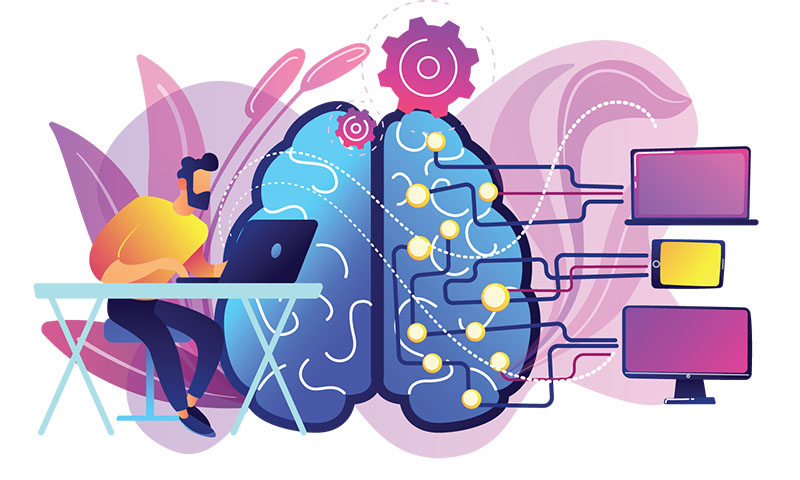Even though the phrase “Artificial Intelligence” can still sound futuristic, the reality, for the moment, is that it is actually quite mundane. In fact, AI, like most forms of technology, is really best at performing the sort of “autopilot” tasks that humans often prefer to avoid because they find them boring.
Small changes, however, can add up to a big impact and there are already many questions being raised about just how AI will influence the world of business both now and in the future. There has been concern about how AI will impact the employment prospects of unskilled workers and there is now some degree of concern that woman will be particularly badly impacted by the continual advance of AI technology.
In fact, questions are being asked about whether the gender of the voice of our chosen digital assistants, for instance, affects how we treat them and how we view making demands of a machine.
Unskilled administrative roles are prime candidates for automation
The more repetitive a task is, the more suitable it is for automation. Many basic administrative tasks are very repetitive, which means that not only is it perfectly possible to automate them, it can even be desirable to do so not just on the basis of cost, but also on the basis of accuracy.
Machines do not get tired, or ill or just distracted the way that humans do. Traditionally, administrative roles have been a majority female niche and therefore it logically follows that women are more likely to be directly impacted by the loss of these roles.
While computers may not lie, they can be subject to programming bias
IT roles are currently very much dominated by men. This means that any AI used in a way that relates to women will probably have been programmed by men and hence reflect their view of the world. Even AI that is not directly or indirectly related to gender roles has likely been programmed by men who invariably have some degree of bias.
In principle, this risk could be minimised (if not entirely eliminated) by effective user testing, which would have to involve women, but in practice, issues of cost might limit user testing to a bare minimum.
All is, however, not lost
The very fact that these issues are being highlighted shows that people are now thinking about the human impact of technology in an unprecedented way and trying to take steps to identify potential areas of concern so that they can be addressed.
Even though AI is still very much in its infancy, the signs point to it continuing to be used in much the same way as it is now, which is to say in partnership with humans. AI will take care of the monotonous aspects of any given role while humans will use their creativity and other soft skills to expand upon what AI could achieve on its own.
Issues of unconscious gender bias can be addressed by encouraging more women to move into the field of technology in general and AI in particular, and this would benefit the profession in more ways than one.

